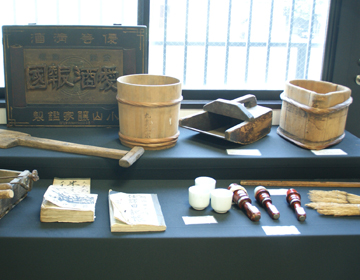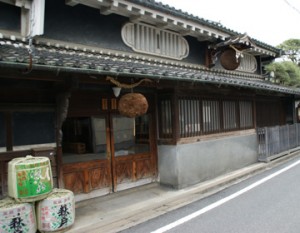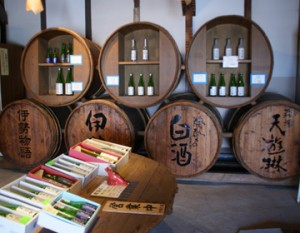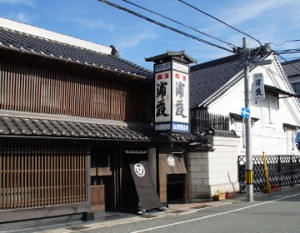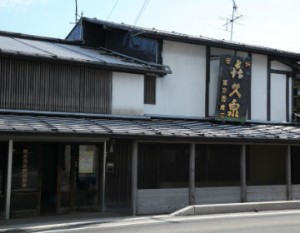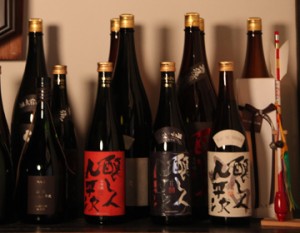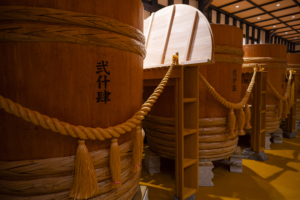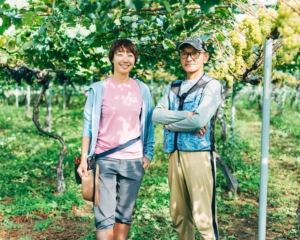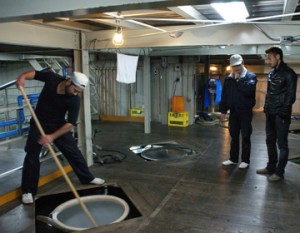Sake Brewery Founded in Meiji 11 (1878)
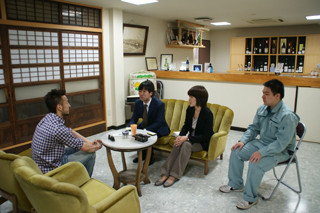
In Iwabuchi Cho, Kita-ku, Tokyo, close to Saitama and the Arakawa river, exists the only ”sake” brewery left in Tokyo. We visited Koyama Shuzo, founded in the year Meiji 11 (1878).
We are welcomed by displays that show the transition of time, such as old wooden ”sake” making tools, and black and white photos of ”sake” being prepared by hand.
In the year Heisei 14 (2002), the wooden brewery was restructured into reinforced concrete so they can continue creating local ”sake” in Tokyo. ”We have always made use of the winter cold to prepare the ”sake”, but in recent years it is becoming more difficult to continue this way, so we switched to using temperature-controlled rooms,” Hisari Koyama, managing director told us.
Using Natural Water of Tokyo
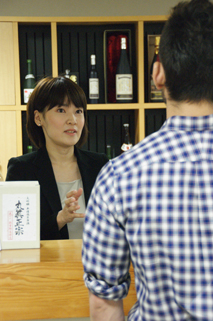
With all the climate and temperature changes they face, the biggest reason they continue making ”sake” in the metropolitan are is because there is natural water from the well, 130 meters below their headquarters. This water is used for the ”sake”, and comes from the riverbed waters of the Urawa streams, an extension of the Chichibu mountains, and is good medium hard water.
”Iwabuchi Cho, Kita-ku, Tokyo, used to be famous for its spring water. Now, there are hardly any wells left, so it makes the spring water that much more valuable. The quality of the water has not changed, and it still wells up in abundance.
Ever since founder Shinshichi Koyama discovered this spring, they have been using this water for ”sake” brewing, a ”blessing” that is essential to express their local taste. Their flagship brand is ”Marushin Masamune”, a sharp dry tasting ”sake”.
Making ”Marushin Masamune” more delicious
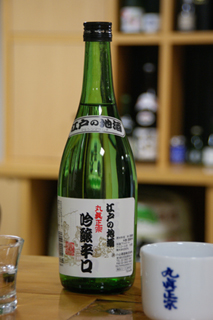
Koyama Shuzo makes only about 400 stones of sake annually, which is not a lot. However, they continue to seek the best means to brew ”Marushin Masamune” by selecting the best rice for the demand of the times, changing the yeast, etc. They value the challenging spirit of their employees to make better ”sake”, and believe that this attitude is reflected in the taste of the ”sake”.
”It is important to keep balance between what is maintained and what will change. Local ”sake” is local as long as it is loved by the local people. We shall move forward, unafraid of change and will try our best to thrive.”
Tokyo once had many ”sake” breweries, and they feel it is their mission to continue, now that they are the only ”sake” brewery in Tokyo. As long as there are people who look forward to the ”sake” made in Kita-ku Tokyo, they will continue working, going through each and every process with care.



